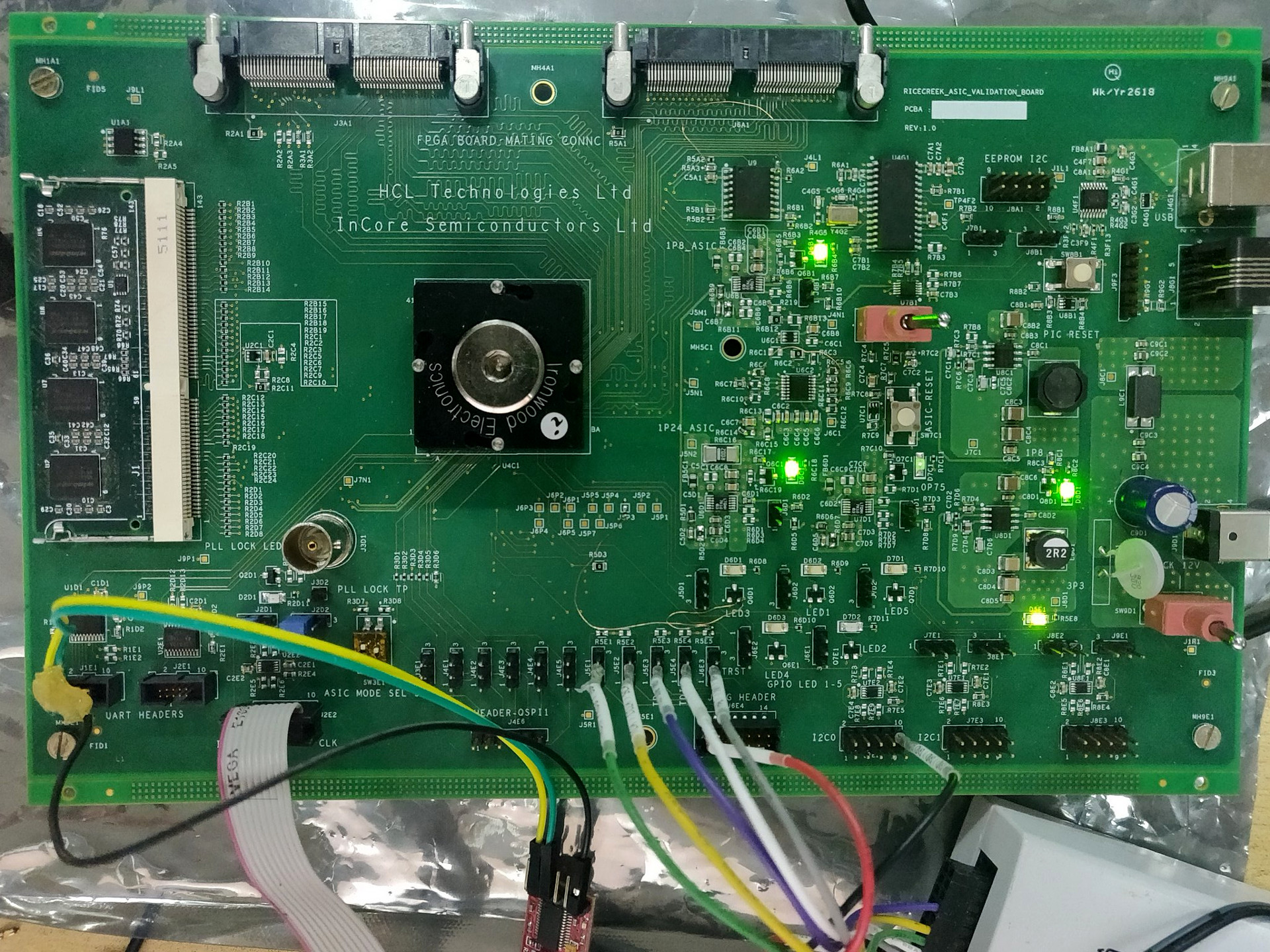Thales, which recently became a member of the RISC-V Foundation, has announced a joint project with IIT Madras to develop a fault-tolerant version of the SHAKTI Project RISC-V CPU.
“After the two successful fabrication and booting of SHAKTI with two technology nodes, 22nm (Intel Fab, Oregon USA) and 180nm (SCL Chandigarh fab, India), this tie-up with Thales is very exciting and certainly is a big step towards taking SHAKTI family to the global technology ecosystem,” claims Professor Kamakoti Veezhinathan of the Reconfigurable Intelligent Systems Engineering (RISE) Laboratory at IIT Madras. “With the advent of more and more safety critical systems adopting electronics hardware for intricate control and monitoring, fault-tolerance and security features are of prime importance in next generation processors. This tie-up with Thales, I am sure, will result in a detailed analysis of these features resulting in a framework that could be adopted for designing the next generation Shakti-based safety-critical systems.”
“By adopting an open approach to both hardware and software, this joint effort will create new opportunities for the design of mission-critical systems in all sectors, including aerospace, space, transportation, security and defence,” adds Thales Research and Technology R&D computing manager Arnaud Samama. “With this, we look forward to taking our partnership, which was formed in March this year, to the next level.”
The SHAKTI Project recently celebrated booting Linux on the first CPU to be fabricated in India, while an interview with Arjun Menon and Rahul Bodduna on the project’s progress as of ORConf 2015 is available as part of the AB Open Open Source Digital Design Insights (OSDDI) video series.
